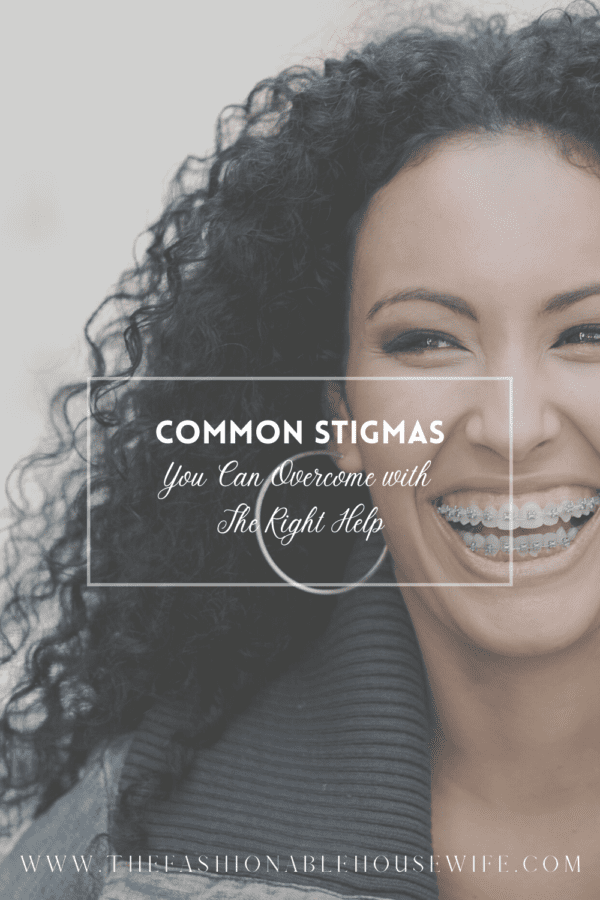
There are many self-conscious issues that can arise over your lifetime. But from childhood to adulthood, there are stigmas you can overcome with guidance, support, and self-belief.
Sight and Vision Aids
Glasses or hearing aids are among the most obvious ways to show that you can’t see or hear as well as you used to. Because of this, there is a sense of fear or shame around these, especially among children. There are, however, ways to get around this. For example, modern hearing aid features mean they aren’t as apparent as they used to be. And they can work with many modern technologies, like Bluetooth and smartphones, for easier and more advanced use.
Getting Adult Braces
Adults can start orthodontic treatment at any age, but they have fewer options. But when fixing dental problems, adult braces can be very helpful. For example, if your bite isn’t even, it can cause problems with your jaw, and if your teeth are too far apart, it can hurt your gums. But even then, some people are afraid because adult braces have a bad name. Lucky for them, there are options like Invisalign aligners that are almost impossible to see without looking into your mouth.
Stigmas You Can Overcome Easily Includes Money
When you have money problems, you can’t pay your debts in the short or the long term. Debt makes it hard to manage money and limits what you can buy. Troubles with money can add anxiety until all debts are settled off. Still, surveys show that almost 80% of the people in the US alone have problems with money. So, you shouldn’t feel bad about being worried about money. During this time of rising prices, everyone is feeling the pinch on their finances and debts.
The Mental Health Stigma
The stigma of mental health is one of the worst. Stigma is often based on false ideas about people. A stigma is when a person who has a mental disorder is called names such as “crazy” when they are, in fact, ill. When someone with a mental illness is made fun of or called weak for getting help, this is also a stigma. Yet, the COVID-19 pandemic and other events in the past few years have served to highlight the scale of the issue but also increased awareness and help.
Body Shaming for the Under and Overweight
The risk factors for obesity are complicated and, in most cases, not in the control of the person who is obese. Even physicians and health professionals have been known to make the problem worse by making people feel bad about their bodies. A big part is also played by social media, and the health and beauty industries don’t do much better. But you can consult with your physician to figure out what’s making you lose or gain weight, like stress, and treat it.
Summary
If you seek support from a solid network of professional and family care, there are stigmas you can overcome with some effort. Some common ones include sense aids, finances, and weight.




